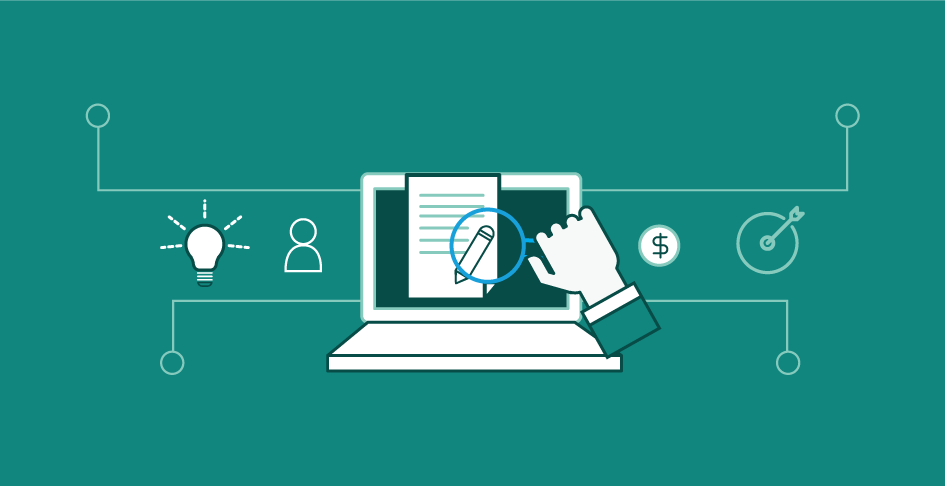Deciphering Plumbing Costs: A Comprehensive Guide for New Construction Projects
Commencing a new construction venture demands meticulous planning and financial foresight, where plumbing expenditures often loom large within the overarching project budget. A nuanced understanding of the myriad factors that influence these costs is imperative for precise budgetary forecasts and effective project management. Within this comprehensive guide, we will delve into the multifaceted components shaping plumbing costs in new construction projects, furnishing invaluable insights to aid you in navigating this complex terrain.
Key Determinants of Plumbing Costs
1. Fixture and Appliance Costs
At the heart of any plumbing system lie fixtures and appliances, encompassing essential elements like sinks, showers, baths, and toilets. The pricing of these components can exhibit significant variation, influenced by factors such as brand prominence, quality attributes, and design intricacies. Furthermore, the sheer quantity of fixtures required exerts a direct impact on the overall expenditure. By meticulously selecting fixtures that harmonize with your budgetary constraints and project specifications, you can adeptly manage this facet of plumbing costs.
2. Excavation Expenditures
Excavation stands as a foundational aspect of plumbing installation, entailing trench excavation to accommodate subterranean piping. The extent of excavation required is contingent upon a multitude of factors, including property topology, depths of existing utility lines, and soil compositions. Challenges such as rugged terrain or obstructions like tree roots can escalate both the intricacy and cost of excavation endeavors. Undertaking a thorough site assessment and enlisting the expertise of seasoned contractors serve to mitigate the potential for unforeseen expenses associated with excavation activities.
3. Material Selection and Costs
A critical decision in plumbing endeavors is the selection of piping materials, which can significantly influence overall project costs. Common piping materials encompass copper, PVC, and PEX, each presenting distinct advantages and cost considerations. While copper piping boasts durability and corrosion resistance, it commands a premium due to material and installation costs. Conversely, PVC and PEX piping offer cost-effective alternatives suitable for diverse applications. By judiciously evaluating the merits of each material vis-à-vis project requisites and budgetary constraints, informed decisions can be made to optimize cost-effectiveness.
4. Labor Expenses: Engaging Professional Services
Labor costs represent a substantial component of plumbing expenditures, influenced by factors such as project complexity, prevailing local labor rates, and requisite expertise levels. Engaging experienced and licensed plumbers is imperative to ensure the quality and safety of the installation process. While the temptation to opt for budget-friendly labor options may arise, such decisions can often result in compromised workmanship and necessitate costly rectifications in the future. Investing in proficient professionals who adhere to industry standards and regulatory norms safeguards against potential pitfalls, thereby ensuring the longevity and reliability of your plumbing system.
5. Permitting and Regulatory Compliance
Securing requisite permits and ensuring compliance with regulatory standards are indispensable prerequisites for any construction endeavor, including plumbing installations. Permit costs vary depending on project location and scope, while adherence to building codes and regulations may necessitate modifications or supplementary work that impacts project outlay. Acquainting yourself with local permitting requisites and enlisting the services of knowledgeable professionals facilitate effective navigation of regulatory frameworks, preempting costly penalties or project delays.
6. Project Management and Oversight
Effective project management serves as a linchpin for cost control and timely project completion in plumbing installations. This entails orchestrating subcontractors, scheduling inspections, and adeptly addressing unforeseen challenges that may arise during the construction process. Investing in experienced project managers capable of overseeing the entirety of plumbing installation proceedings streamlines operations and minimizes the risk of costly delays or errors, ensuring optimal project outcomes.
In Conclusion
In summation, a comprehensive understanding of the multifaceted factors underpinning plumbing costs is indispensable for the successful planning and execution of construction projects. By meticulously evaluating fixture and appliance expenses, excavation outlays, material selections, labor costs, permitting requirements, and project management imperatives, you can craft a robust budget framework aligned with project objectives and fiscal constraints. Furthermore, leveraging the expertise of seasoned professionals and innovative estimating tools streamlines budgeting processes, thereby facilitating the seamless realization of your new construction endeavor.



Comments
Post a Comment